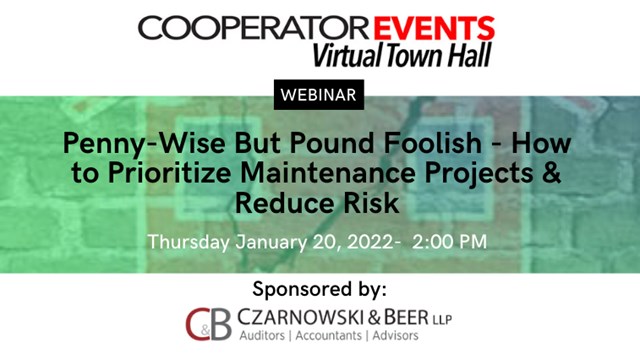
Q. I live in a Riverdale cooperative. One of my fellow shareholders received a notice at the beginning of January from our management company saying her monthly carrying charge would be increased beginning the next month. There was no explanation. She says management did not return her phone calls for an explanation regarding this.
Toward the end of January, management advised her that her maintenance (as well as the maintenance of some other shareholders) had been miscalculated for many years (!) and aside from the corrected (higher) monthly charge, they would all have to pay the back difference as well.
The shareholder posted this situation on our basement bulletin board and asked for others who received management’s letter to get in touch with her. She did not say she got in touch with our board, or that she put her questions and/or objections in writing to the board or management. I’m guessing the shareholder does not have a computer, since the notice she posted on our bulletin board was handwritten. Also, to be clear, I have never spoken to her about the situation.
I have lived in this cooperative for over 50 years, and have never heard of a situation such as this. Also, I don’t know the monthly difference; maybe it’s a few dollars, or maybe considerably more. Regardless, it seems to me that something is very wrong here; in fact, billing for the back carrying charges sounds illegal, as this was management’s mistake, not the shareholder’s. So my question is: Can management back-bill for the difference for so long a period of time?
— Sensing Something Is Amiss
A. According to attorney Eric Sherman with the New York City-based firm of Pryor Cashman LLP: “As a first step towards answering any questions that arise out of ownership of a cooperative apartment, consult the governing documents – particularly the proprietary lease and the bylaws – which may have additional rules or requirements unique to the apartment corporation. In short, if there has indeed been a miscalculation in a shareholder’s (or all shareholders’) maintenance charges, then there likely is no getting out of it—the funds necessary to operate the apartment corporation will be owed, and failure to pay can result in judgments and/or liens against the shareholder’s shares and proprietary lease.
“For context, the calculation of maintenance charges in a cooperative is a fairly straightforward process—one takes the total operating expenses of the cooperative and divides that by the number of cooperative shares issued. To determine any shareholder’s particular portion of the maintenance charges, multiply the per-share expenses by the number of shares owned by the shareholder in the apartment corporation. That figure, when divided by 12, should represent the monthly maintenance charges an individual shareholder owes on a monthly basis.
“That said, how and why there was an error in that calculation deserves examination. If the managing agent is not responsive, this issue can and should be raised with the board, particularly since the error may affect multiple (or even all) shareholders. If there was indeed a miscalculation in the maintenance charges, the difference will end up being paid one way or the other.
“Maintenance charges represent funds necessary to keep the apartment corporation operating (and its mortgage, if any, and property taxes paid). The fact that this miscalculation evidently continued for years makes it seem as though it may have been for a small amount, or that there are other offsetting miscalculations where other shareholders may have been paying more than their fair share. Since it is in the interest of all shareholders to have all operating expenses timely paid, it behooves all affected shareholders to understand the miscalculation and negotiate an acceptable time line to pay any amounts that may be owing.
“Whatever you do, do not ignore notices from your apartment corporation regarding delinquent maintenance charges or assessments. Delinquent maintenance charges or assessments may be referred to the corporation’s attorney for collection and, as noted above, could result in a lien placed against your shares and proprietary lease, which in turn could trigger a default under your mortgage (or more precisely, share loan). Ultimately, the apartment corporation could foreclose and cancel your shares and proprietary lease. It is therefore imperative to proactively address any issues, actual or perceived, regarding your monthly maintenance-charge obligations to avoid any of these issues and to ensure that the apartment corporation is operating with the funds it requires to maintain the operation of the building.”






Leave a Comment